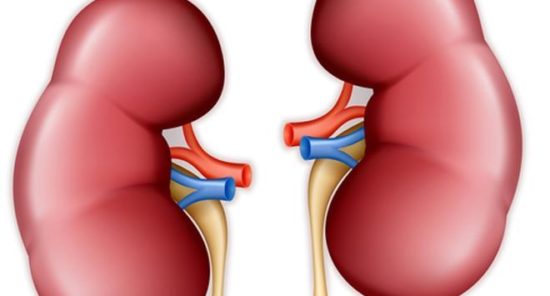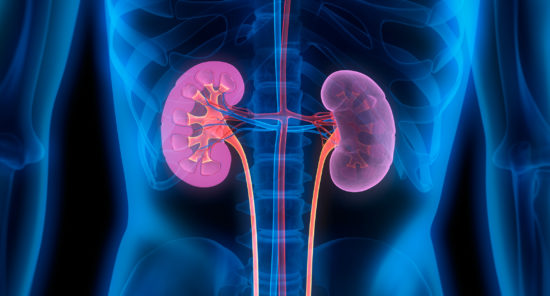The protein μ-crystallin (CRYM) was shown to play a significant role in prostate cancer tumor growth, according to a new study published in the International Journal of Cancer
Prostate cancer is one of the most common cancers in men. The thyroid hormone T3 has been previously linked to the development of prostate tumors, although the mechanism behind it was unclear.
“Our work shows that CRYM is a key regulator of T3 metabolism and is also closely linked with androgen metabolism. The more advanced the disease, the lower the levels of CRYM found in the tumor tissue,” lead author Lukas Kenner, MD, Professor of Pathology at the Medical University of Vienna, said in a press release.
Results from this international study show that the protein CRYM binds to the hormone T3 and is able to inhibit tumor growth. The investigators assessed CRYM expression in malignant and adjacent normal prostate biopsies from a large cohort of prostate cancer patients, including patients with metastatic disease. Biopsy samples from prostate cancer patients (n=178) were associated with decreased CRYM expression compared to normal prostate glands (n=178). Patients with metastasis (n=17) had even lower levels of CRYM expression.
CRYM was shown to counteract thyroid and androgen signaling and blocked intracellular choline uptake. Overall, low CRYM expression was associated with poor prognosis. The investigators were also able to establish disease stage-specific expression of CRYM in this patient population.
“In conclusion, we provide strong evidence for the protective effect of T3 buffering by CRYM in [prostate cancer (PCa)]. Therefore, CRYM might represent a novel biomarker for detection of good prognostic PCa,” the authors concluded.
#Prostate cancer: µ-crystallin (#CRYM) protein inhibits tumour growth.
Diagnostic marker opens up possible target for new forms of #treatmenthttps://t.co/km3CCQ4TdS pic.twitter.com/aUyQpci4Ip— MedUni Wien (@MedUni_Wien) November 18, 2020
Thyroid and androgen receptor signaling are antagonized by CRYM in prostate cancer https://t.co/y5OXW52bNZ how CRYM blocks the cancerogenic role of thyroid hormone T3 in prostate cancer
— Lukas Kenner (@LukasKenner) October 13, 2020
Credit: Original article published here.








